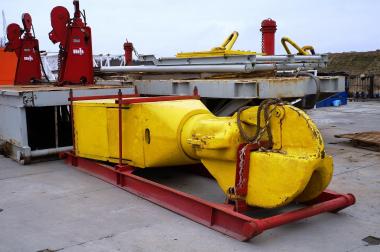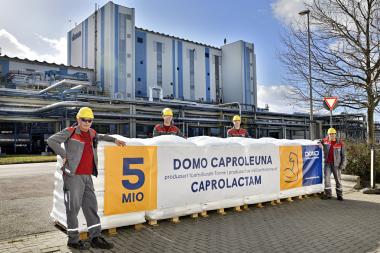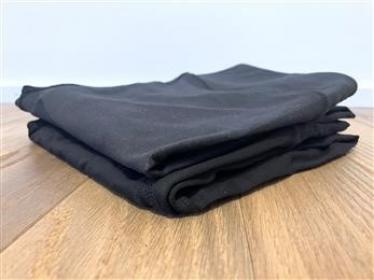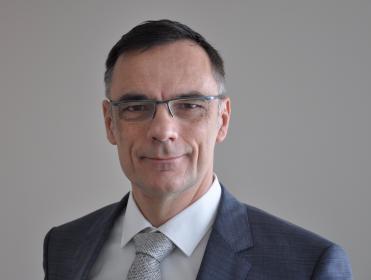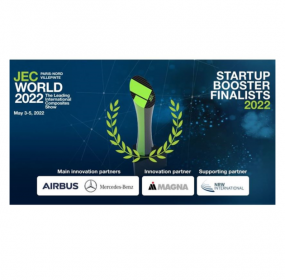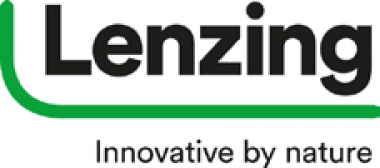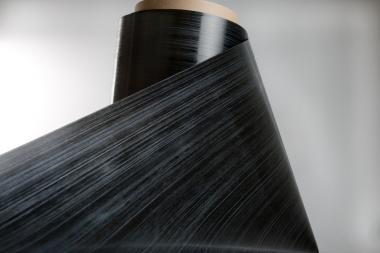EPTA World Pultrusion Conference 2022 explores composites sustainability
The European Pultrusion Technology Association (EPTA) has published a report from its latest conference, which focuses on advances in sustainability and recycling.
More than 130 professionals from the global pultrusion community gathered at the 16th World Pultrusion Conference in Paris on 5-6 May 2022. Organised by EPTA in collaboration with the American Composites Manufacturers Association (ACMA), the event featured 25 international speakers sharing insight on market trends, developments in materials, processing and simulation technologies, and innovative pultruded applications in key markets such as building and infrastructure, transportation and wind energy.
‘Bio-pultrusion’:
Composites based on natural fibres offer a number of benefits, including low density and high specific strength, vibration damping, and heat insulation. The German Institutes for Textile and Fiber Research Denkendorf (DITF) are developing pultrusion processes using bio-based resins and natural fibres. Projects include the BioMat Pavilion at the University of Stuttgart, a lightweight structure which combines ‘bamboo-like’ natural fibre-based pultruded profiles with a tensile membrane.
Applications for recycled carbon fibre (rCF):
The use of rCF in composite components has the potential to reduce their cost and carbon footprint. However, it is currently used to a limited extent since manufacturers are uncertain about the technical performance of available rCF products, how to process them, and the actual benefits achievable. Fraunhofer IGCV is partnering with the Institute for Textile Technology (ITA) in the MAI ÖkoCaP project to investigate the technical, ecological and economic benefits of using rCF in different industrial applications. The results will be made available in a web-based app.
Circularity and recycling:
The European Composites Industry Association (EuCIA) is drafting a circularity roadmap for the composites industry. It has collaborated with the European Cement Association (CEMBUREAU) on a position paper for the EU Commission’s Joint Research Centre (JRC) which outlines the benefits of co-processing end-of-life composites in cement manufacturing, a recycling solution that is compliant with the EU’s Waste Framework Directive and in commercial operation in Germany. Initial studies have indicated that co-processing with composites has the potential to reduce the global warming impact of cement manufacture by up to 16%. Technologies to allow recovery of fibre and/or resin from composites are in development but a better understanding of the life cycle assessment (LCA) impact of these processes is essential. EuCIA’s ‘circularity waterfall,’ a proposed priority system for composites circularity, highlights the continued need for co-processing.
Sustainability along the value chain:
Sustainability is essential for the long-term viability of businesses. Resin manufacturer AOC’s actions to improve sustainability include programmes to reduce energy, waste and greenhouse gas emissions from operations, the development of ‘greener’ and low VOC emission resins, ensuring compliance with chemicals legislation such as REACH, and involvement in EuCIA’s waste management initiatives. Its sustainable resins portfolio includes styrene-free and low-styrene formulations and products manufactured using bio-based raw materials and recycled PET.
European Pultrusion Technology Association EPTA Composites Sustainability fibres DITF
European Pultrusion Technology Association EPTA







